When you reach four score plus, you cannot help asking yourself “How come I have lived this long?”. Some of us would respond to the rhetorical question saying, “Who am I, but by the Grace of God that I am still relatively fully functional at this age”. Have you ever looked in the mirror and took time to see yourself as people see you, not as what you think you look like? What you see does not contribute much to understanding who you are. That is a mere exogenous image. Who you are is more deeply determined by character which is a consequence of many factors. These are situations in the realm of coming to grips of who you are. A response to the question: “Who am I?”
When you ask, “Who am I?” you are raising a profound and fundamental question a person can make about themselves. It is a question of self-identity and self-awareness that can lead to deep self-analysis and self-discovery. It encourages us to consider the various aspects of our identity. One’s identity includes their genetic origins, gender, ethnicity, names (which are given labels), roles in society etc. Some of these are fixed. Genetic origin including ethnicity are unchangeable whereas names and some roles in society can change or be changed at will. The changeable identity characteristics can be modelled to fit the identity we want to be by saying “This is who I am. This is what I want to be”. People change their names for all sorts of reasons or have body alterations so that they could look better in the eyes of the beholder. This is a convoluted logic but underscores the complexity of the seemingly simple question: “Who am I?”.
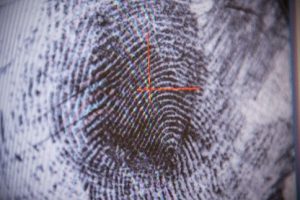
“Who am I genetically?” In my book Fork in the road, I write about my search for the grave my paternal grandmother who had died giving birth to my father. I mention the sense of peace I found when I discovered the grave leading me to exploring deeper into my origins. That, to me, was a profound reply to the question of my ancestry. My genetic origin. While the physical location of my grandmother’s burial ground did not change an iota to my genetic setup, yet it had a personal psychological effect as I touched the spot where one of the branches of my genetic origins lay.
The genetic diversity among humans is vast, we are all genetically unique. Genetic diversity contributes to the rich fabric of human existence. It makes us appreciate the uniqueness of every individual and the importance of diversity in the human population.
Reflecting on “Who am I?”, from a genetic angle acknowledges the role of genetics in shaping certain aspects of our identity, particularly physical traits, and predisposition to some health issues. Our individual DNA. Genetics, however, is just one factor of our overall identity, which is also influenced in manifestation, by our experiences, environment, culture, and personal choices. Genetics provides valuable insights into our biological makeup, but it does not cover all that we are as individuals.
There’s a difference between how we “see” ourselves (internal identity) and how others perceive us (external identity). Our internal identity is shaped by our thoughts, feelings, ego, and beliefs, while external identity is often influenced by societal norms, expectations, and judgments and personal behaviour.
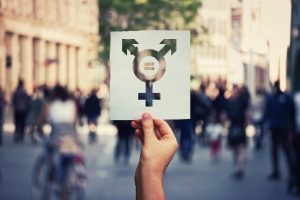
Answering the question “How do I view myself?” one must qualify the question with the context in which one is “viewing oneself”. This could be as a man, a woman, a parent, a student, an employee, an employer, a friend etc. Each of these roles spawns many other questions. For example, asking oneself “Who am I as a parent?” the answer comes from further questions such as “Am I a good role model to the children?”, “Do I communicate with the children?”, “Do I give sufficient time to the children when they need me?” etc.
If you are a student the additional questions might be: “Am I in the right course for my future?”, “Do I really want to continue as a student or should I move on into active life”? etc.
As an employee asking, “Who am I in this set-up?” makes you ask yourself whether you have job satisfaction, or the right job responsibilities with a promising career path and in a satisfactory work environment. This line of self-reflection may be helpful for you to reflect on how your profession aligns with your values, interests, and personal goals.
When reflecting on these roles, it’s important to recognize that your identity is multi-dimensional, and you are not defined by any single role. Parents are likely to be employees or employers, there are parent students etc. Each role contributes unique aspects to your identity, and they can intersect and overlap in complex ways. We must balance and prioritize these roles in our lives. We are faced with challenges as we juggle multiple roles. How we manage these challenges characterizes who we are.
Each role provides opportunities for personal growth and development. Therefore, as we answer the self-reflection question, we should try to see what we have learned from being a parent, student, employee, or friend etc.
Self-perception is not static and can evolve over time with gained new experiences and insights or change of roles for example from student to employee. Self-inquiry and self-reflection should be ongoing processes that help in a better understanding of the evolving sense of self.
Ultimately, the roles you assume in life are an integral part of your identity, but they are not the sum of who you are. Self-inquiry in relation to these roles involves recognizing their significance while also acknowledging the broader spectrum of your identity that includes your values, beliefs, aspirations, and unique qualities.
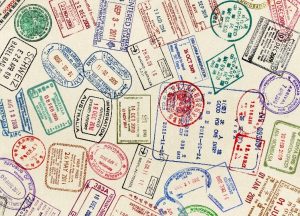
As we search for the answer to the question “Who am I socially and how do I fit in the society or how am I regarded by the society I belong to?” we realise that culture and society in which we live play a major role in shaping our identity. We may adopt certain cultural norms and values while challenging others, which can further complicate the question of identity.
Exploring “Who am I?” can lead us to consider our purpose in life and what we are passionate about. This takes us back to our identity depending on the roles we are playing as already discussed.
Our identity is not just about us as individuals, being identified as existing. It’s more about how we relate to people, our character and behaviour. Our identities are defined by our interactions with the various communities we belong to. We are not individual disconnected human islands.
Briefly, on the answer to the question “Who am I spiritually and what are my spiritual beliefs?” we note that our core values and beliefs play a significant role in defining who we are. What we stand for, our principles, and our moral extent are central to our identity. These guide our decisions and actions.
The pursuit of self-discovery and spiritual growth is a universal and enduring quest. Different spiritual perspectives offer unique insights into this question, and individual interpretations may vary widely depending on one’s spiritual beliefs and practices. For example, in Christian spirituality, the question “Who am I?” can lead to a reflection on one’s identity in the belief of individuals being created in the image of God. Finding one’s identity in Christ and seeking a deeper relationship with God is central to Christian spirituality.
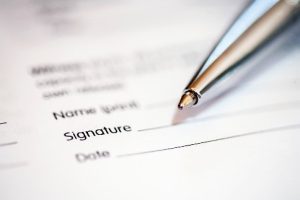
In conclusion, answering the deeply personal question: “Who am I?” requires self-exploration, self-analysis, and the courage to confront our own truths. It is possible to discover that the external identity you have is not what you thought you had. It’s an exercise worth taking, as understanding oneself better can lead to greater self-fulfilment and more meaningful connections with others.
“Who am I?” is a complex and ever-evolving question that invites us to explore our inner selves, our values, and our place in society. It’s a question that can lead to a deeper understanding of ourselves and our purpose in life, and it’s an exercise worth doing with an open heart and mind. It is a question that can take years to answer fully.
“Who am I?” I don’t know. I am still exploring. Cheers.
Thank you for being part of the Fork in the Road Blogs: Reflections on Life. Be sure to look out for the next episode when I will be writing about Poverty. If you gathered something useful, please feel free to share the blog. My books, Fork in the Road: Creating a future of value starting from where you are and A view round the bend. Setting goals for your life’s journey are available for purchase at Aristoc bookshops in Kampala, Uganda and online at Amazon.
Your comments on my musings are most welcome and let me know whether there is a topic you would like me to muse over.
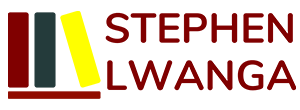
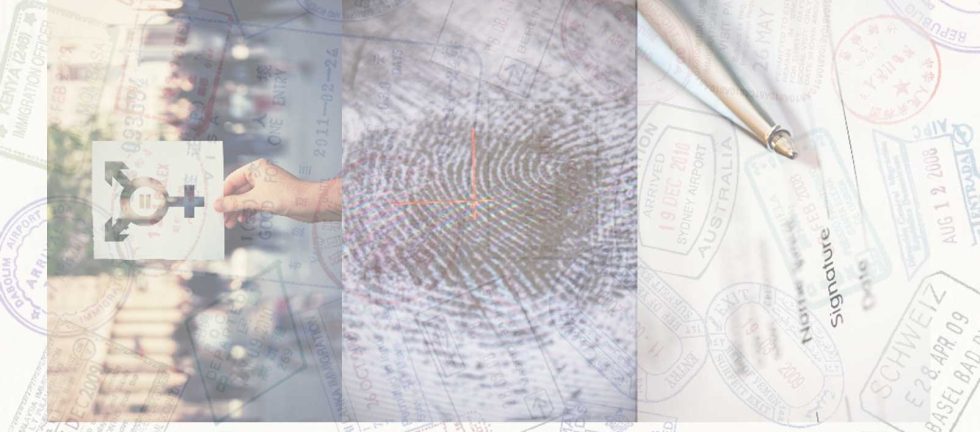
Comments (2)
Judy Kamanyi
With all that is happening and not happening on this planet one cannot but also ask WHAT IS MY PURPOSE? You raise this question in passing in your blog.
Deep reflection is required.
Rtn Stephen
I will put it down on the list. Thanks